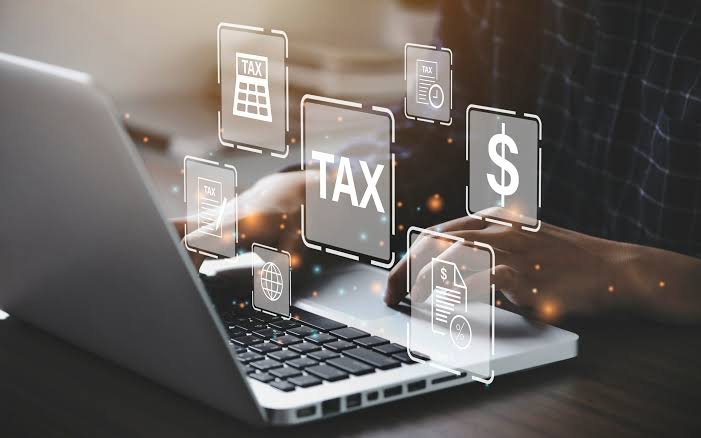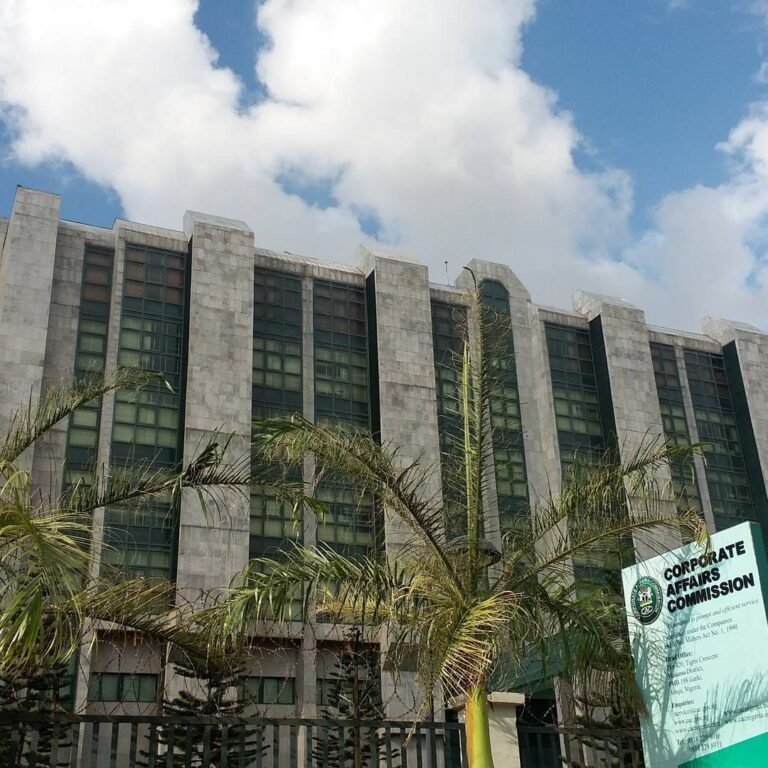When Hafsat Umar, a 19-year-old in Kaduna state, lost her job during the COVID-19 lockdowns in 2020, she turned to the internet. With a second-hand smartphone and determination, she learned graphic design through free tutorials, secured freelance gigs on WhatsApp, and began earning a modest income.
But rising costs now threaten her progress. Not because platforms like Canva or Zoom raised their prices, but because the government did. Hafsat’s subscriptions and weekly data plans have become more expensive due to Nigeria’s expanding digital tax policies.
The Nigerian government’s journey to tax its digital economy started with major amendments to the Companies Income Tax Act (CITA) in 2019. Lawmakers introduced the concept of Significant Economic Presence (SEP), forcing non-resident companies like Google, Meta, and Netflix to pay taxes if they earn more than NGN 25 million annually from digital services in Nigeria.
This shift targeted global streaming, online advertising, and e-commerce platforms, even if they had no physical presence in the country. The Finance Act 2020 further expanded this reach, mandating that these international digital service providers register for Value Added Tax (VAT), effective January 1, 2022. As a result, the cost of online subscriptions and transactions soared for ordinary Nigerians.
The government doubled down on these policies in May when the Senate passed a series of tax reform bills aimed at ramping up revenue. Lawmakers not only adjusted VAT rates but also signaled their intent to tax digital assets like cryptocurrencies and NFTs under the proposed Nigeria Tax Bill 2024.
At the state level, the government is still planning to impose more taxes, targeting the remote workers. Interviews with the affected people say the policies make it harder for Nigerians to access the digital economy. Those who take online courses, attend webinars, run ads for small businesses, and store files in the cloud, lamented paying more for the same services.
For many like Hafsat, students, freelancers, micro-entrepreneurs, the digital economy isn’t a luxury; it’s a pathway to productivity and independence. Every extra naira spent on staying connected is one less for food, education, or business growth.
Like many Nigerians, Hafsat feels the pressure of a growing digital tax regime and even more so, the looming threat of new taxes that may soon be introduced.
The Cost of More Taxes
Supporters of these taxes argue they expand Nigeria’s revenue base, but at what cost? This perspective assumes that the state must involve itself in every exchange, even digital ones, to fund its bureaucracy.
From a consumer freedom standpoint, this is overreach. The government should not tax access to tools that help citizens thrive independently. Nigeria needs to boost productivity, not stifle it. These digital taxes do more than raise revenue; they intrude on personal and commercial choices, reducing access and limiting opportunities for those who cannot afford to pay more.
Instead of squeezing digital entrepreneurship, the government should fix its own inefficiencies. Nigeria’s problem isn’t revenue; it is how poorly it manages existing funds. Billions vanish annually through mismanagement, bloated bureaucracies, and unchecked corruption.
Taxing digital services only shifts the burden to hardworking Nigerians who create value, while the real problem of wasteful governance remains untouched. If the government seeks fiscal sustainability, it should spend smarter, cut waste, and enforce transparency but not strangle the digital economy with excessive taxes.
To create an enabling space for the digital economy to thrive, the government needs to scrap any form of proposed levy on content creators and freelancers. These individuals are not multinational tech giants; they are everyday Nigerians hustling for a living in a constrained economy. More taxes mean penalising them for leveraging digital platforms to make a living.
Rather than imposing more taxes, the government should reduce barriers to digital access.
Nigeria’s history of heavy-handed economic policies has repeatedly stifled growth. For instance, free telecom operators raise concern over the reintroduction of a 5 percent excise tax on data and voice services under the 2024 Finance Bill. Experts warn that this could raise costs and slow digital access across the country, affecting over 40 percent of Nigerians who remain offline.
The overarching impacts of government’s multiple taxes and levies proves the state has no business dipping into every online transaction.
To unlock growth, Nigeria must step back and encourage its citizens who are seeking livelihood online and not drain them dry with bureaucracy.
__________
Abisoye Michael is the Head of Programs at the Foundation for Consumer Freedom Advancement (FCFA), where he advocates for informed choice, open markets, and consumer empowerment across Africa. He is based in Ibadan, Nigeria.
Email: abisoyemike@gmail.com













